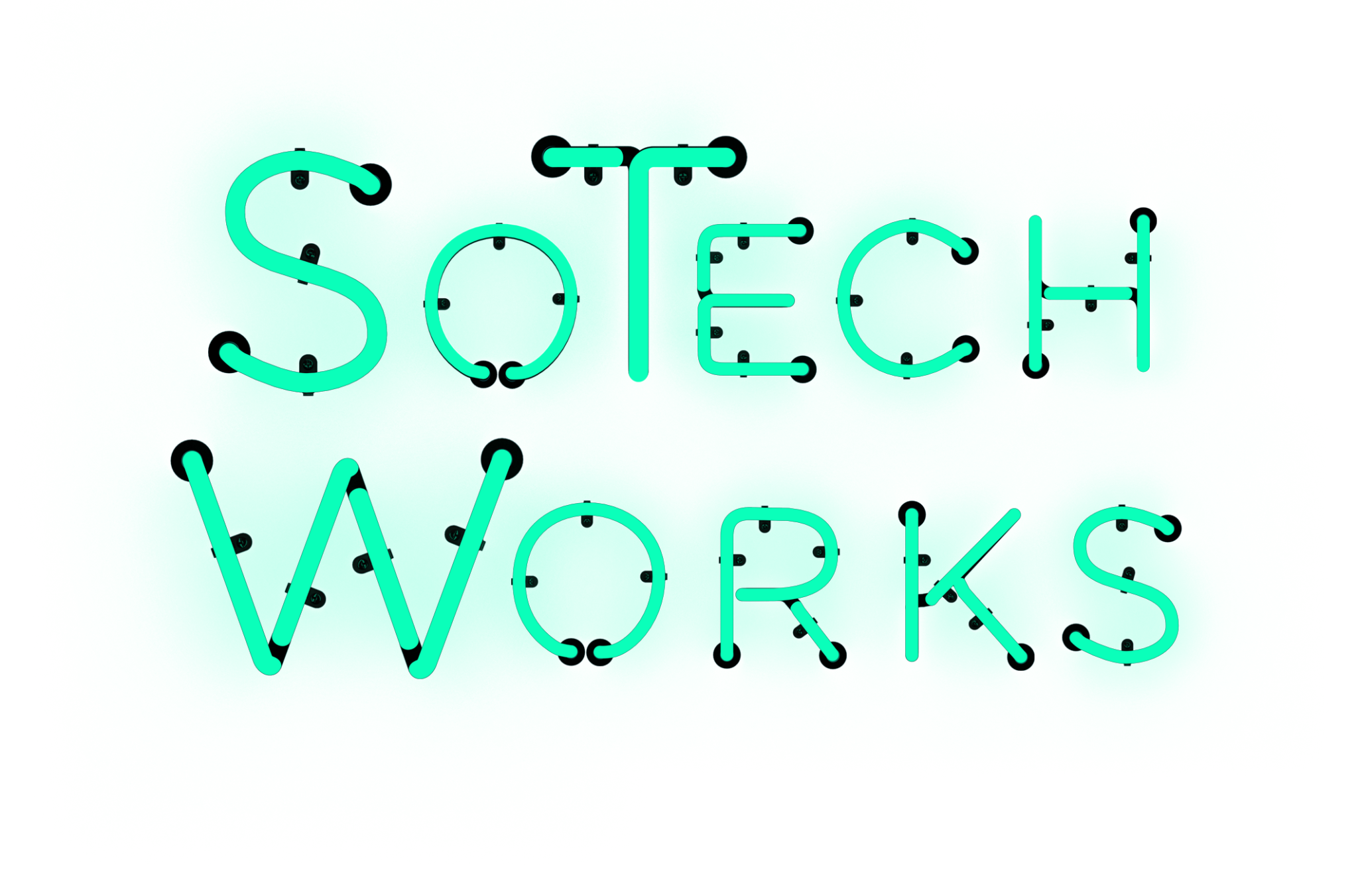Self-driving car guru forms God-bot religion, report says – CNET
Self-driving car guru forms God-bot religion, report says
Commentary: Anthony Levandowski, the engineer at the center of the Waymo-Uber lawsuit, is said to be looking toward celestial times when AI creates God. Or perhaps gods.
Technically Incorrect offers a slightly twisted take on the tech that’s taken over our lives.
If there is a God, I feel sure he’s not a robot.
The world is so arbitrary, capricious and absurd that no robot could have created it, unless its internal wires were crossed beyond untangling.

Anthony Levandowski speaks to the press in 2016 about the pilot model of Uber’s self-driving car.
Afp / AFP/Getty ImagesStill, some look forward to the celestial day when robots, humans and God are all one and the same beings.
Former Google, Waymo and Uber engineer Anthony Levandowski may well be one.
You might know him as the man accused by Alphabet-owned Waymo of stealing self-driving car secrets and exposing them to Uber. Alphabet is Google’s parent company.
However, Wired reports that some may know him as the president and CEO of Way of the Future. This is a nonprofit religious organization that reportedly seeks to “develop and promote the realization of a Godhead based on artificial intelligence.”
In an extensive profile published Wednesday, Wired’s Mark Harris cites “previously unreported” filings with the state of California that say the group’s goal is, “through understanding and worship of the Godhead, [to] contribute to the betterment of society.”
There those nerds go again. Making the world a better place. Or, at least, their sort of better place.
Neither Levandowski nor the State of California immediately responded to a request for comment. And I couldn’t confirm through other means if this is real or some sort of joke.
This God-bot thing, though, is a bracing idea. I heard it most strongly articulated by a still-current employee of Google: director of engineering Ray Kurzweil.
He believes that once we have robot chips slipped into our brains, we’ll be “godlike.”
I wonder what any actual God might think of that.
There seems a slight tension between what a God represents to many and what a robot does.
Robots are primarily concerned with a certain cerebral perfection, doing everything and solving everything. They’re the ultimate embodiment of the kid you loathed most in high school. This hardly seems godlike.
Those who worship tend to see God in extreme emotional terms. Most gods are (supposed to be) compassionate. They eschew material wealth and embrace higher states of being. They have love at their core, rather than zeros and ones. They create exalted feelings in humans, rather than concerns that the gods will come and take their jobs.
But this is man’s hubris, isn’t it? We think we’re going to live forever and become superbeings.
Look around the world right now. What do you think are the chances of that?
Technically Incorrect: Bringing you a fresh and irreverent take on tech.
Special Reports: CNET’s in-depth features in one place.


Discuss: Self-driving car guru forms God-bot religion,…